Hire a real estate attorney if you are buying foreclosed North Carolina homes occupied by former owners or tenants
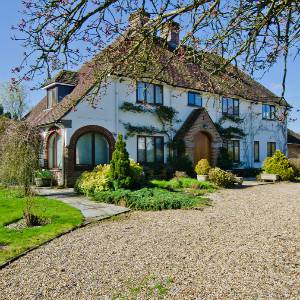 If you're in the market to buy a home, foreclosed properties can offer many bargains and benefits. Today, every state has numerous foreclosed homes for sale due to the real estate market downturn. Buying foreclosed North Carolina homes, occupied or vacant, is a good way to get a great deal on a home.
If you're in the market to buy a home, foreclosed properties can offer many bargains and benefits. Today, every state has numerous foreclosed homes for sale due to the real estate market downturn. Buying foreclosed North Carolina homes, occupied or vacant, is a good way to get a great deal on a home.
Before you start looking at foreclosed homes, you'll need to do two things. The first step towards buying a property is applying for mortgages and getting pre-approved by a lender. With a pre-approval letter from a mortgage lender, you can then look for a real estate agent that specializes in foreclosures or shop for homes yourself. It's good to know how much you can spend when buying foreclosed North Carolina homes before you begin your search.
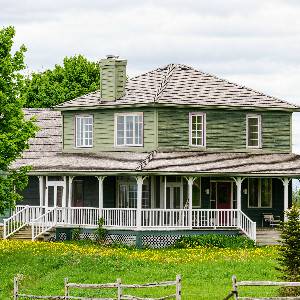 Foreclosed homes may still occupied by the owners or tenants. If you buy occupied foreclosed North Carolina homes, the process can be a little more complicated. This shouldn't deter you from looking at occupied foreclosed homes. You just need to be aware that after buying foreclosed North Carolina homes you'll be required to evict the former owners before you can move in or deal with the legalities of tenant lease agreements.
Foreclosed homes may still occupied by the owners or tenants. If you buy occupied foreclosed North Carolina homes, the process can be a little more complicated. This shouldn't deter you from looking at occupied foreclosed homes. You just need to be aware that after buying foreclosed North Carolina homes you'll be required to evict the former owners before you can move in or deal with the legalities of tenant lease agreements.
Most homeowners still living in their former homes are willing to leave as soon as you officially own the house. In some cases, you may have to ask the owner to leave and set a deadline. However, there are homeowners who won't leave willingly and you have to begin formal eviction proceedings to get them out.
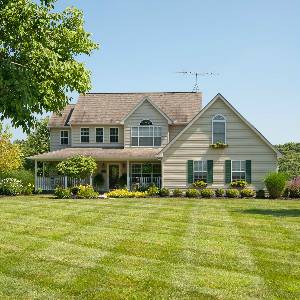 If you have to evict the former owner of your new house, hire a real estate attorney with experience in foreclosed properties. There are legal procedures you have to follow in North Caroline to legally evict an occupant. The occupant rarely has a legal defense, so you'll usually win your case in court.
If you have to evict the former owner of your new house, hire a real estate attorney with experience in foreclosed properties. There are legal procedures you have to follow in North Caroline to legally evict an occupant. The occupant rarely has a legal defense, so you'll usually win your case in court.
A more complex situation occurs when squatters are living in the house. Squatters are people who simply moved into a vacant home without permission. In some counties, this is considered trespassing and you can just call the police. However, the length of time the squatters have lived in the house and the circumstances under which the lender didn't evict them plays a part in getting rid of them.
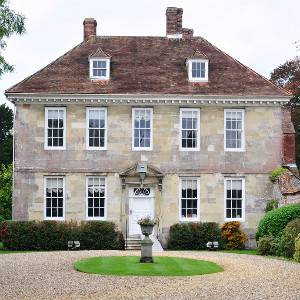 In North Carolina, a person has to have lived on a property for 20 continuous years to claim squatters' rights. This is rarely the case with foreclosed properties, but some occupants delay moving out by claiming title to the property or filing false affidavits. All of this has to be sorted out in court. Again, you need to hire an experienced real estate lawyer to explain your rights and options when dealing with squatters.
In North Carolina, a person has to have lived on a property for 20 continuous years to claim squatters' rights. This is rarely the case with foreclosed properties, but some occupants delay moving out by claiming title to the property or filing false affidavits. All of this has to be sorted out in court. Again, you need to hire an experienced real estate lawyer to explain your rights and options when dealing with squatters.
You may find good deals by buying foreclosed North Carolina homes. Both occupied and vacant houses can offer a good value. Just be prepared for the legal process of occupied foreclosed North Carolina homes. You can see local foreclosure listings at RealtyNow and then research the homes to see if they are vacant or occupied before you place a bid or an offer.
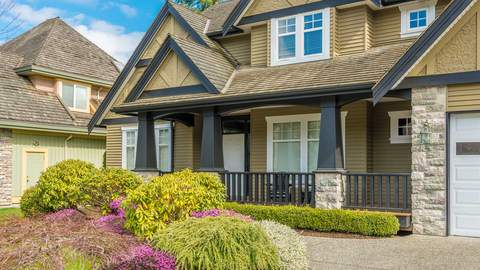





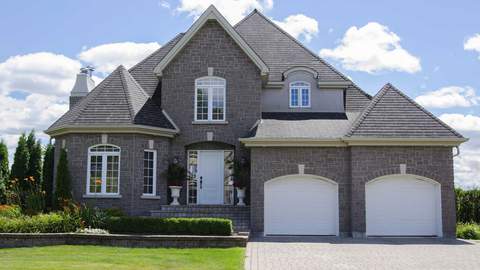
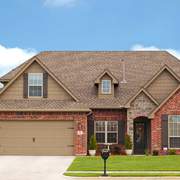



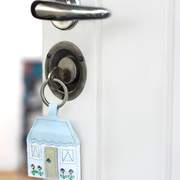
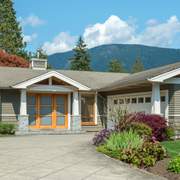



Write a Comment